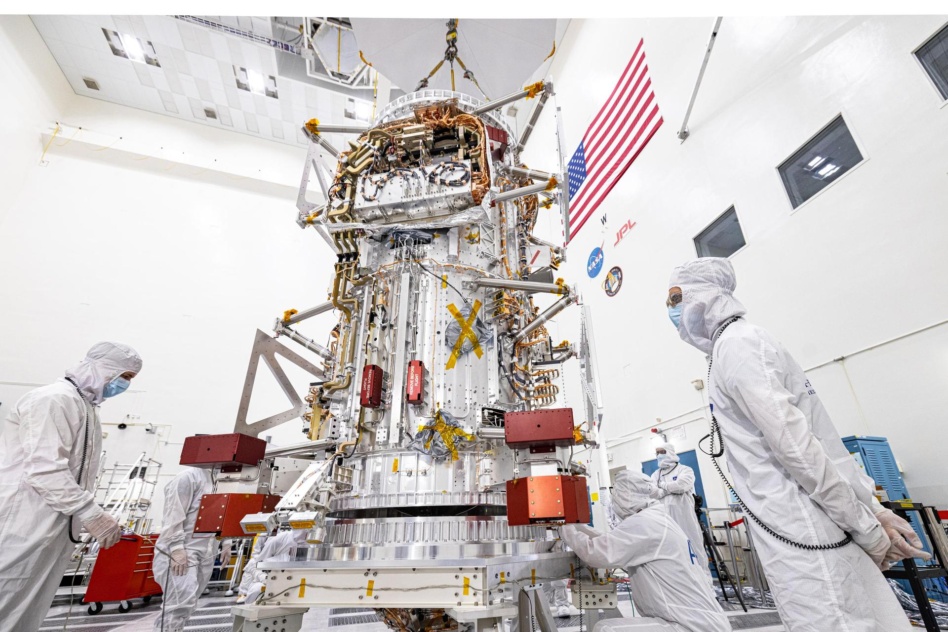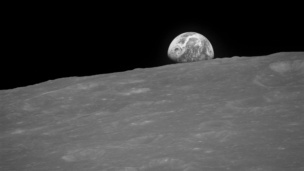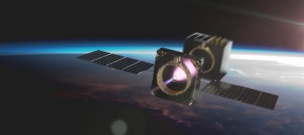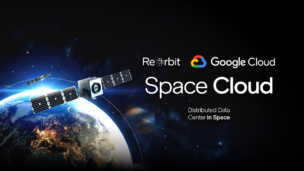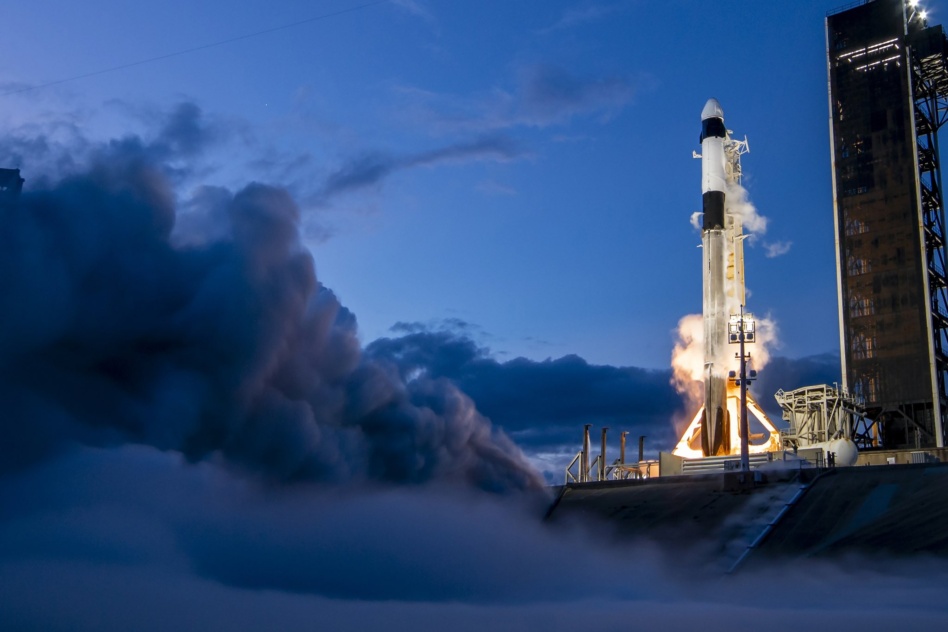A space probe set to assess the potential for life on one of Jupiter’s Moons remains on schedule, according to NASA, despite fears that some of its electronics could be vulnerable to the highly radioactive environment in deep space.
Catch up: Europa Clipper, the largest planetary mission spacecraft ever built by NASA, relies on chips from Infineon Technologies.
- In May, NASA Jet Propulsion Lab engineers learned that some of its transistors were failing at lower than expected radiation levels.
- In July, experts from JPL launched a Tiger Team to assess whether the $5B spacecraft could survive its Jovian voyage as-is.
- Now, NASA says that “analysis of the results suggests the transistors can support the baseline mission.”
- The agency will make a final decision on Sept. 9, ahead of a potential launch on a Falcon Heavy no earlier than Oct. 10.
What’s a baseline mission? The goal of this mission is to “explore Europa to investigate its habitability.” To do that, the spacecraft is expected to orbit Jupiter for four years, making close passes by Europa and analyzing it with a suite of remote sensors. In particular, scientists want to understand the moon’s ice shell and potential ocean, as well as identify any geological features on the surface.
If its chips aren’t up to the task, the spacecraft may not be able to complete these goals in its current configuration; JPL was considering alternate trajectories to mitigate radiation exposure, but those could also change the type of data collected during the mission.
NASA could choose to delay the mission and replace the chips, but the agency would have to weigh the cost of those decisions against the risk of incomplete data or a potential in-space failure.
